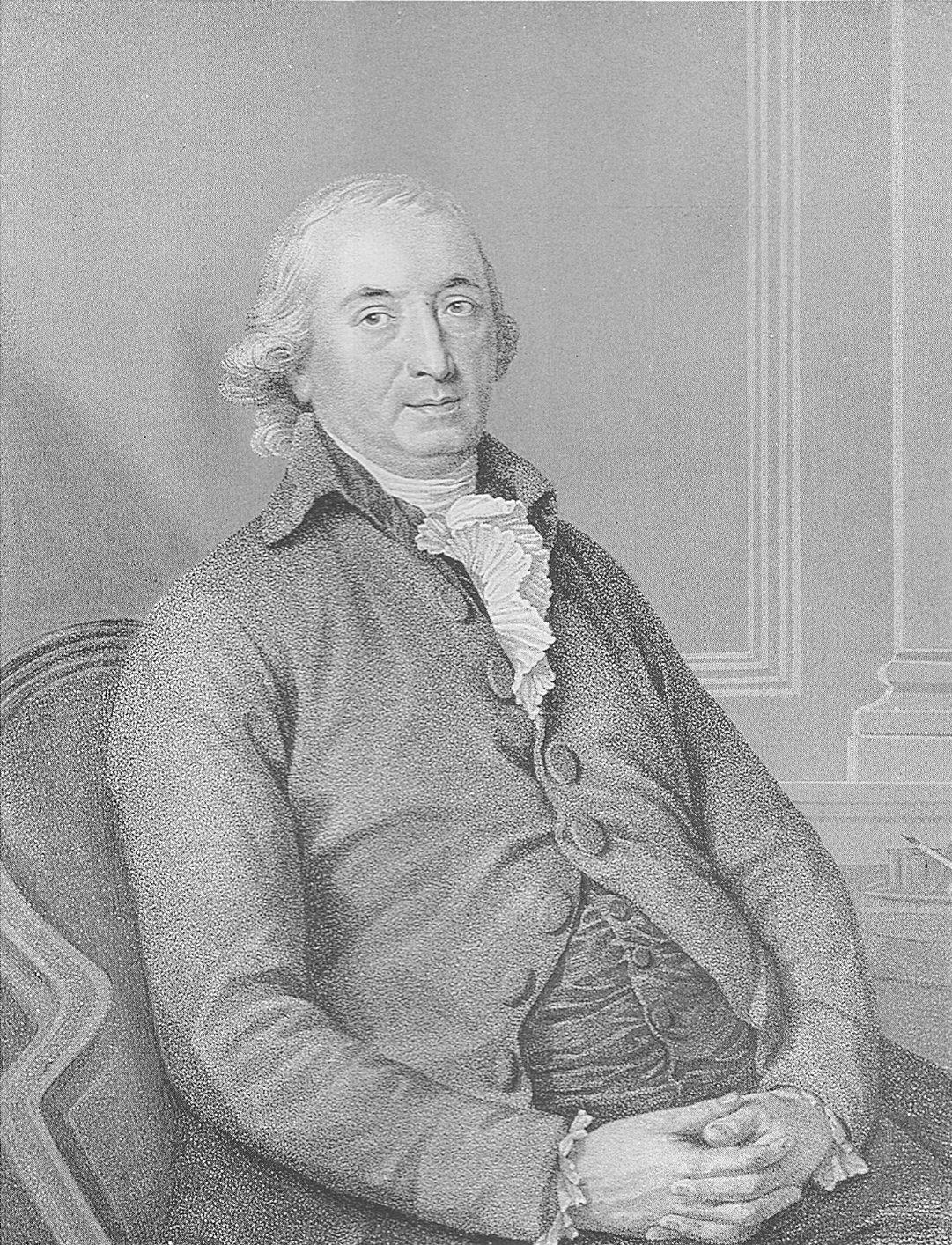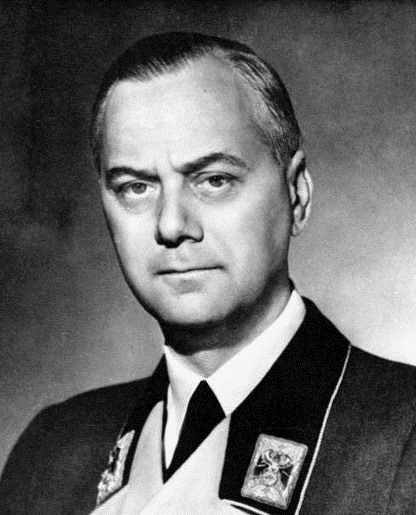|
Theodor Litt
Theodor Litt (27 December 1880 – 16 July 1962) was a German culture and social philosopher as well as a pedagogue. In the debate with Dilthey, Simmel and Cassirer, Litt developed an independent approach in cultural philosophy and philosophical anthropology, which was determined by the dialectical view of the relationship between the individual and society, man and the world, reason and life. At the same time, he projected these thoughts into a that had its starting point in progressive education at the beginning of the 20th century and, via Litt's student , extended into the discussion on educational reform in the 1970s. Litt identified with the Weimar Republic and, as rector of the University of Leipzig, came into conflict with National Socialism, was banned from lecturing in 1937 and retired early. Nevertheless, he continued to publish critically against the ruling ideology. After the end of the Second World War, he could not come to terms with the ideology of the Socialis ... [...More Info...] [...Related Items...] OR: [Wikipedia] [Google] [Baidu] |
Philosophy Of Culture
Philosophy of culture is a branch of philosophy that examines the essence and meaning of culture. Early modern discourses German Romanticism The German philosopher Immanuel Kant (1724–1804) has formulated an individualist definition of "enlightenment" similar to the concept of ''bildung'': "Enlightenment is man's emergence from his self-incurred immaturity." He argued that this immaturity comes not from a lack of understanding, but from a lack of courage to think independently. Against this intellectual cowardice, Kant urged: ''Sapere aude'', "Dare to be wise!" In reaction to Kant, German Romanticism, German scholars such as Johann Gottfried Herder (1744–1803) argued that human creativity, which necessarily takes unpredictable and highly diverse forms, is as important as human rationality. Moreover, Herder proposed a collective form of ''bildung'': "For Herder, Bildung was the totality of experiences that provide a coherent identity, and sense of common destiny, to a peo ... [...More Info...] [...Related Items...] OR: [Wikipedia] [Google] [Baidu] |
Studentenverbindung
(; often referred to as Verbindung) is the umbrella term for many different kinds of fraternity-type associations in German-speaking countries, including Corps, , , , and Catholic fraternities. Worldwide, there are over 1,600 , about a thousand in Germany, with a total of over 190,000 members. In them, students spend their university years in an organized community, whose members stay connected even after graduation. A goal of this lifelong bond () is to create contacts and friendships over many generations and to facilitate networking. The is very important for the longevity of these networks. Their autonomous and grassroots democratic is also an important similarity of all student corporations. Apart from the and the , every Studentenverbindung also has a so-called (borrowed French for 'how'). The is a body of rules that organize various different aspects of fraternity life such as the , academic fencing (), and general rules of conduct. Fraternities of this particula ... [...More Info...] [...Related Items...] OR: [Wikipedia] [Google] [Baidu] |
Alfred Rosenberg
Alfred Ernst Rosenberg ( – 16 October 1946) was a Baltic German Nazi theorist and ideologue. Rosenberg was first introduced to Adolf Hitler by Dietrich Eckart and he held several important posts in the Nazi government. He was the head of the NSDAP Office of Foreign Affairs during the entire rule of Nazi Germany (1933–1945), and led Amt Rosenberg ("Rosenberg's bureau"), an official Nazi body for cultural policy and surveillance, between 1934 and 1945. During World War II, Rosenberg was the head of the Reich Ministry for the Occupied Eastern Territories (1941–1945). After the war, he was convicted of crimes against peace; planning, initiating and waging wars of aggression; war crimes; and crimes against humanity at the Nuremberg trials in 1946. He was sentenced to death and executed on 16 October 1946. The author of a seminal work of Nazi ideology, ''The Myth of the Twentieth Century'' (1930), Rosenberg is considered one of the main authors of key Nazi ideological cr ... [...More Info...] [...Related Items...] OR: [Wikipedia] [Google] [Baidu] |
Flag Of Germany
The national flag of Germany is a tricolour (flag), tricolour consisting of three equal horizontal bands displaying the national colours of Germany: Sable (heraldry), black, Gules, red, and Or (heraldry), gold (german: :de:Schwarz-Rot-Gold, Schwarz-Rot-Gold). The flag was first sighted in 1848 in the German Confederation. It was officially adopted as the national flag of the Weimar Republic from 1919 to 1933, and has been in use since its reintroduction in West Germany in 1949. Since the mid-19th century, Germany has two competing traditions of national colours, black-red-gold and black-white-red. Black-red-gold were the colours of the German revolutions of 1848–1849, 1848 Revolutions, the Weimar Republic of 1919–1933 and the Federal Republic (since 1949). They were also Flag of East Germany, adopted by the German Democratic Republic (1949–1990). The colours black-white-red appeared for the first time in 1867, in the constitution of the North German Confederation. This n ... [...More Info...] [...Related Items...] OR: [Wikipedia] [Google] [Baidu] |
Ernst Klee
Ernst Klee (15 March 1942, Frankfurt – 18 May 2013, Frankfurt) was a German journalist and author. As a writer on Germany's history, he was best known for his exposure and documentation of medical crimes in Nazi Germany, much of which was concerned with the Action T4 or involuntary euthanasia program. He is the author of ''"The Good Old Days": The Holocaust Through the Eyes of the Perpetrators and Bystanders'' first published in the English translation in 1991. Life and work Klee was first trained as a sanitary and heating technician. Afterwards, he caught up on his university entrance requirements and then studied theology and social education. As a journalist in the 1970s, he looked at socially excluded groups, such as the homeless, psychiatric patients and the disabled. During this period, he collaborated with Gusti Steiner, who laid the foundation for the federal German emancipatory movement of the disabled at that time. In 1997, he received the ''Geschwister-Scholl-Preis ... [...More Info...] [...Related Items...] OR: [Wikipedia] [Google] [Baidu] |
Vow Of Allegiance Of The Professors Of The German Universities And High-Schools To Adolf Hitler And The National Socialistic State
Bekenntnis der Professoren an den Universitäten und Hochschulen zu Adolf Hitler und dem nationalsozialistischen Staat officially translated into English as the Vow of allegiance of the Professors of the German Universities and High-Schools to Adolf Hitler and the National Socialistic State was a document presented on 11 November 1933 at the Albert Hall in Leipzig. It had statements in German, English, Italian, and Spanish by selected German academics and included an appendix of signatories. The purge to remove academics and civil servants with Jewish ancestry began with a law being passed on 7 April 1933. This document was signed by those that remained in support of Nazi Germany. Martin Heidegger in his inaugural lecture in May 1933 as ''Rektor'', and who was later in October appointed "Führer of the university", said (translated): "The much celebrated "academic freedom" is being banished from the German university; for this freedom was not genuine, since it was only negative. ... [...More Info...] [...Related Items...] OR: [Wikipedia] [Google] [Baidu] |
Nazism
Nazism ( ; german: Nazismus), the common name in English for National Socialism (german: Nationalsozialismus, ), is the far-right totalitarian political ideology and practices associated with Adolf Hitler and the Nazi Party (NSDAP) in Nazi Germany. During Hitler's rise to power in 1930s Europe, it was frequently referred to as Hitlerism (german: Hitlerfaschismus). The later related term "neo-Nazism" is applied to other far-right groups with similar ideas which formed after the Second World War. Nazism is a form of fascism, with disdain for liberal democracy and the parliamentary system. It incorporates a dictatorship, fervent antisemitism, anti-communism, scientific racism, and the use of eugenics into its creed. Its extreme nationalism originated in pan-Germanism and the ethno-nationalist '' Völkisch'' movement which had been a prominent aspect of German nationalism since the late 19th century, and it was strongly influenced by the paramilitary groups that emerged af ... [...More Info...] [...Related Items...] OR: [Wikipedia] [Google] [Baidu] |
Leipzig University
Leipzig University (german: Universität Leipzig), in Leipzig in Saxony, Germany, is one of the world's oldest universities and the second-oldest university (by consecutive years of existence) in Germany. The university was founded on 2 December 1409 by Frederick I, Elector of Saxony and his brother William II, Margrave of Meissen, and originally comprised the four scholastic faculties. Since its inception, the university has engaged in teaching and research for over 600 years without interruption. Famous alumni include Gottfried Wilhelm von Leibniz, Johann Wolfgang von Goethe, Leopold von Ranke, Friedrich Nietzsche, Robert Schumann, Richard Wagner, Tycho Brahe, Georgius Agricola, Angela Merkel and ten Nobel laureates associated with the university. History Founding and development until 1900 The university was modelled on the University of Prague, from which the German-speaking faculty members withdrew to Leipzig after the Jan Hus crisis and the Decree of Kutná Hora. ... [...More Info...] [...Related Items...] OR: [Wikipedia] [Google] [Baidu] |
Eduard Spranger
Eduard Spranger (27 June 1882 – 17 September 1963) was a German philosopher and psychologist. A student of Wilhelm Dilthey, Spranger was born in Berlin and died in Tübingen. He was considered a humanist who developed a philosophical pedagogy as an act of 'self defense' against the psychology-oriented experimental theory of the times. Spranger was the author of the book ''Lebensformen'' (Translated as ''Types of Men''), which sold 28,000 copies by the end of 1920. Spranger theorizes that types of human life are structures in consciousness. His belief was that personality types have a basis in biology, but can not be fully explained by biology. He wrote, "On a lower level, perhaps, the soul is purely biologically determined. On a higher level, the historical, for instance, the soul participates in objective values which cannot be deduced from the simple value of self-preservation." He criticized psychologists who reduced the psyche and society to abstract elements of s ... [...More Info...] [...Related Items...] OR: [Wikipedia] [Google] [Baidu] |
Leipzig School (sociology)
The Leipzig school was a branch of sociology developed by a group of academics led by philosopher and sociologist Hans Freyer at the University of Leipzig, Germany in the 1930s. Freyer saw Nazism as an opportunity; many of his followers were politically active Nazis. They included Arnold Gehlen, Gunter Ipsen, Heinz Maus, Karl Heinz Pfeffer, and Helmut Schelsky. The National Socialist German Workers Party (Nazi Party) did not allow any competing ideologies to develop in universities; however, some of the Leipzig School group remained at the university until 1945. Their numbers declined as some emigrated (Günther) or made a career in the Third Reich (Gehlen, Ipsen, Pfeffer), and before the war ended, Freyer himself left to take up a teaching position at the University of Budapest A university () is an institution of higher (or tertiary) education and research which awards academic degrees in several academic disciplines. Universities typically offer both undergraduate and postgr ... [...More Info...] [...Related Items...] OR: [Wikipedia] [Google] [Baidu] |
Ernst Troeltsch
Ernst Peter Wilhelm Troeltsch (; ; 17 February 1865 – 1 February 1923) was a German liberal Christianity, liberal Protestant theologian, a writer on the philosophy of religion and the philosophy of history, and a classical liberal politician. He was a member of the history of religions school. His work was a synthesis of a number of strands, drawing on Albrecht Ritschl, Max Weber's conception of sociology, and the Baden school of neo-Kantianism. His "The Social Teachings of the Christian Church" (''Die Soziallehren der christlichen Kirchen und Gruppen'', 1912) is a seminal work in theology. Life Troeltsch was born on 17 February 1865 into a Lutheran family to a doctor but went to a Catholic school in a predominantly Catholic area. He then attended university, at the University of Erlangen and then at the University of Göttingen. His ordination in 1889 was followed in 1891 by a post teaching theology at Göttingen. In 1892, he moved on to teach at the University of Bonn. In ... [...More Info...] [...Related Items...] OR: [Wikipedia] [Google] [Baidu] |
Trauma (psychology)
Psychological trauma, mental trauma or psychotrauma is an emotional response to a distressing event or series of events, such as accidents, rape, or natural disasters. Reactions such as psychological shock and psychological denial are typical. Longer-term reactions include unpredictable emotions, flashbacks, difficulties with interpersonal relationships and sometimes physical symptoms including headaches or nausea. Trauma is not the same as mental distress or suffering, both of which are universal human experiences. Given that subjective experiences differ between individuals, people will react to similar events differently. In other words, not all people who experience a potentially traumatic event will actually become psychologically traumatized (although they may be distressed and experience suffering). Some people will develop post-traumatic stress disorder (PTSD) after being exposed to a major traumatic event (or series of events). This discrepancy in risk rate can be ... [...More Info...] [...Related Items...] OR: [Wikipedia] [Google] [Baidu] |





